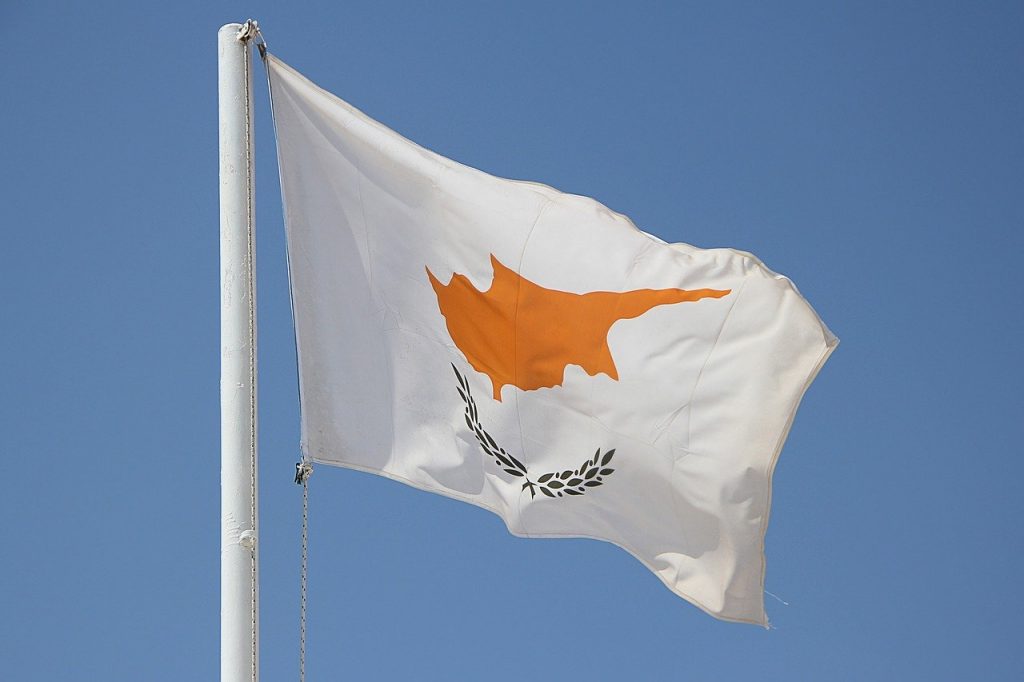We are surrounded by trademarks! However, not everyone is aware of their legal and commercial significance, particularly when it comes to preserving a company’s goodwill.
A trademark protects the name or symbol by which a company conducts its business. It can be a word, a phrase, a symbol, or a design that identifies and distinguishes a company’s source of products and services from those of other companies, as well as demonstrating the commercial origin and quality of such products and services. It has the ability to differentiate between items, services, and whole enterprises.
A trademark is a unique symbol that a company uses to identify its products and services. Unquestionably, a well-chosen trademark may make a significant contribution to the success of a company’s promotional strategy. The trademark owner might utilize it as a promotional tool to improve the company’s reputation and goodwill.
Registering a mark as a trademark is the best approach to protect it. The trademark is protected from being used and abused by others by registering it. That is to say, if you have a registered trademark, you have the exclusive right to use it in relation to the goods and services for which it was registered, and you can sue a third party for trademark infringement or passing off if they use your trademark to advertise their own products or services. It’s critical to note that once a trademark is registered, goodwill does not need to be proven in court.
Under the Cypriot system, there are three ways to apply for a trademark. The first is to submit a national application to the Registrar’s Intellectual and Industrial Property Department. Alternatively, a community trademark application can be submitted with the European Union Intellectual Property Office (EUIPO). Finally, you can submit an international application to the World Intellectual Property Organization (WIPO) (WIPO). Only the procedure for the first option is explained in this article.
Procedures of Cyprus trademark registration process
The Trademark Law, Cap. 268, regulates the conditions for submitting a national application. The first step is to ask the Registrar to check the Registry of Trademarks to see whether there are any trademarks that are similar to the one you want to apply for. This takes around three weeks and is highly recommended, even if it is not required. Following that, a trademark application must be submitted together with a Power of Attorney authorizing a lawyer licensed to practice law in Cyprus to proceed with the application submission. At this step, a high-resolution version of the trademark as well as the applicant’s complete contact information is required.
The Registrar then publishes the trademark in the Official Gazette of the Republic of Cyprus, giving anybody who wishes to oppose its registration the chance to do so. The price for issuing the certificate is paid and the trademark is registered if no objections are lodged within two months. If an objection is lodged within the two-month period, all parties must provide their opinions and evidence, and the Registrar will determine whether or not to register the trademark following a hearing.
Trademarks can endure perpetually once registered — they will never expire! However, the registration must be renewed. The national trademark is valid for seven years from the filing date and can be renewed every fourteen years after that.
The list of EU IP Firms and Cyprus IP Firms can be found here.

